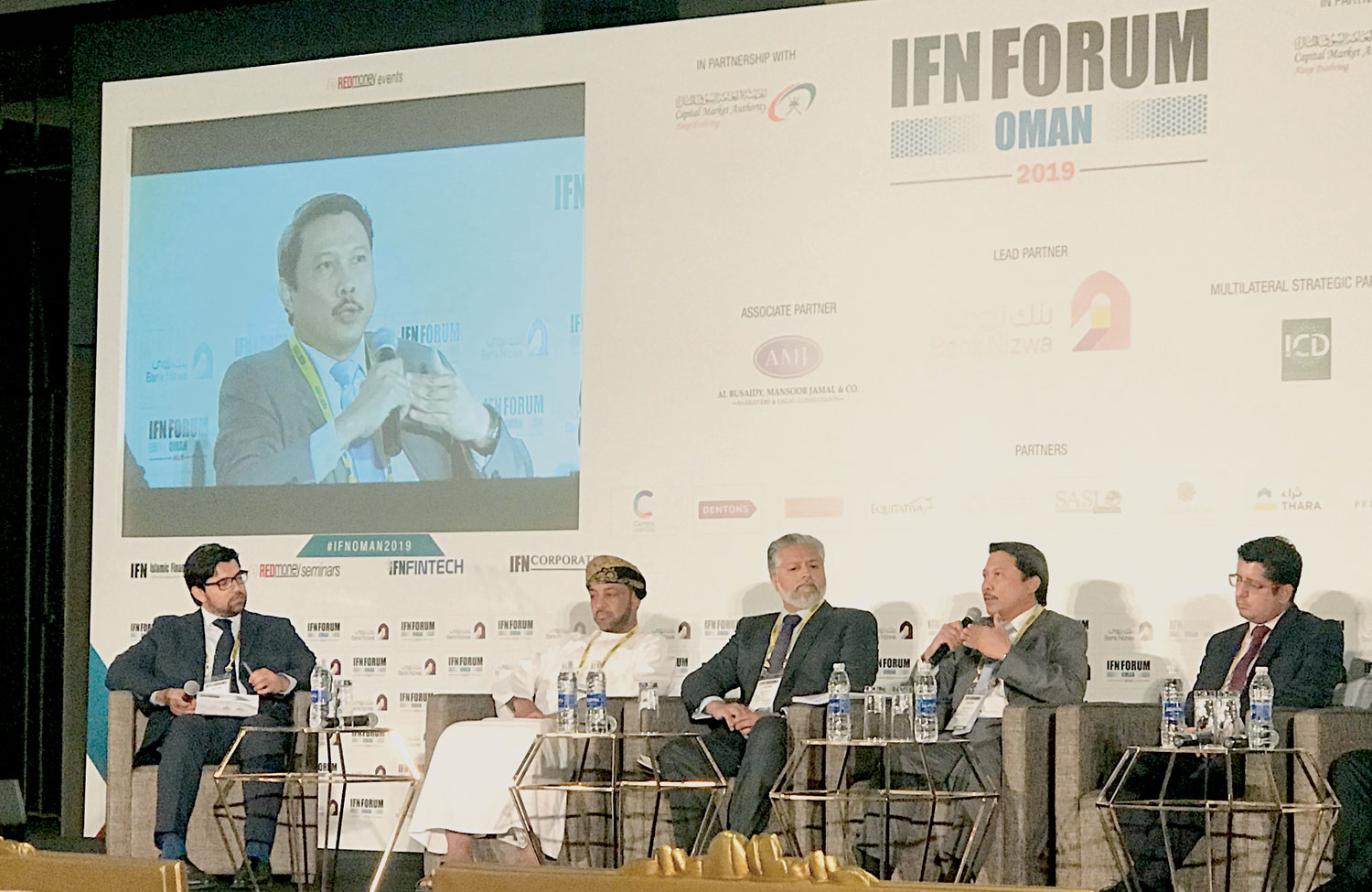

Muscat, March 16 - Real Estate Investment Trusts (REITs), the first of which is set to debut on the Muscat Securities Market (MSM) shortly, will help unlock new inflows of capital into Oman’s promising property sector, according to a key official of the Capital Market Authority (CMA).
Kemal Rizadi Arbi (pictured), Adviser on capital market affairs at the Authority, also noted that REITs regulations in the Sultanate have been suitably formulated to allow institutional foreign investors, as well as non-Omani expatriates resident in the Sultanate, to own units in REITs.
“We have had discussions with the Ministry of Housing (confirming that) foreigners can have indirect ownership of assets in Oman, not restricted only to ITC (Integrated Tourism Complex) projects, but through REITS as well. By doing so, we have also allowed ownership of units in REITs technically up to 100 per cent,” Arbi stated.
The official made the observations during a panel discussion on the theme, ‘REITs and Islamic Investments Funds in Oman’, organised as part of the IFN Forum Oman held at the Grand Millennium Muscat last week. The day-long event was organiszed by Malaysia-based REDMoney Events in collaboration with Oman’s Capital Market Authority.
Earlier, the Expert underlined the importance of REITs in optimising the investment and economic potential of the real estate industry in the Sultanate.
“We saw a lot of interest related to real estate, not limited to commercial properties alone, but also in the development of infrastructure, warehouses, factories, and projects for small and medium enterprises (SMEs) — all of which require some form of financing. But as financing has hitherto focused on bank lending, the CMA was very keen to see funding alternatives becoming available.
After all, it is important to diversify the systemic risk on banks, which have become the sole lenders for many of the players in the real estate market.
Thus, by diversifying the risk, we have started to build the domestic capital market; we had already built the fixed income side of the market, and we felt that investment funds, particularly relating to REITs, would serve as a good platform for companies looking at alternative financing for their projects,” he explained.
Oman’s REIT regulations enshrine learnings and best practices gleaned from other jurisdictions around the world, according to Arbi. “Most of the provisions in the regulations are principle-based. There is a lot of flexibility built in as well, relating to the fund structure, for example. Some jurisdictions specify the structure for Islamic REITs. In Oman, we have left it open. All we have inserted in regulations is the requirement that if you plan an Islamic REIT, there should be a Shariah advisory board in place; the choice of structure is left to the players concerned, as long as it complies with AAOIFI standards.”
[The Accounting and Auditing Organisation for Islamic Financial Institutions (AAOIFI) is an independent industry body dedicated to the development of international standards applicable for Islamic financial institutions.]
Additionally, Omani REIT regulations allow for the transfer of Special Purpose Vehicles (SPV), typically set up to hold a particular real estate asset, to a REIT, said the official.
“We have also resolved with the Ministry of Housing about the issue of funds holding more than one asset — a Fund can hold various assets either directly or through an SPV, and can hold any assets in Oman, and not only in ITC projects. Of course, certain restrictions apply to some areas, but other than this, it’s quite open for market players to come in.”
Oman Observer is now on the WhatsApp channel. Click here



